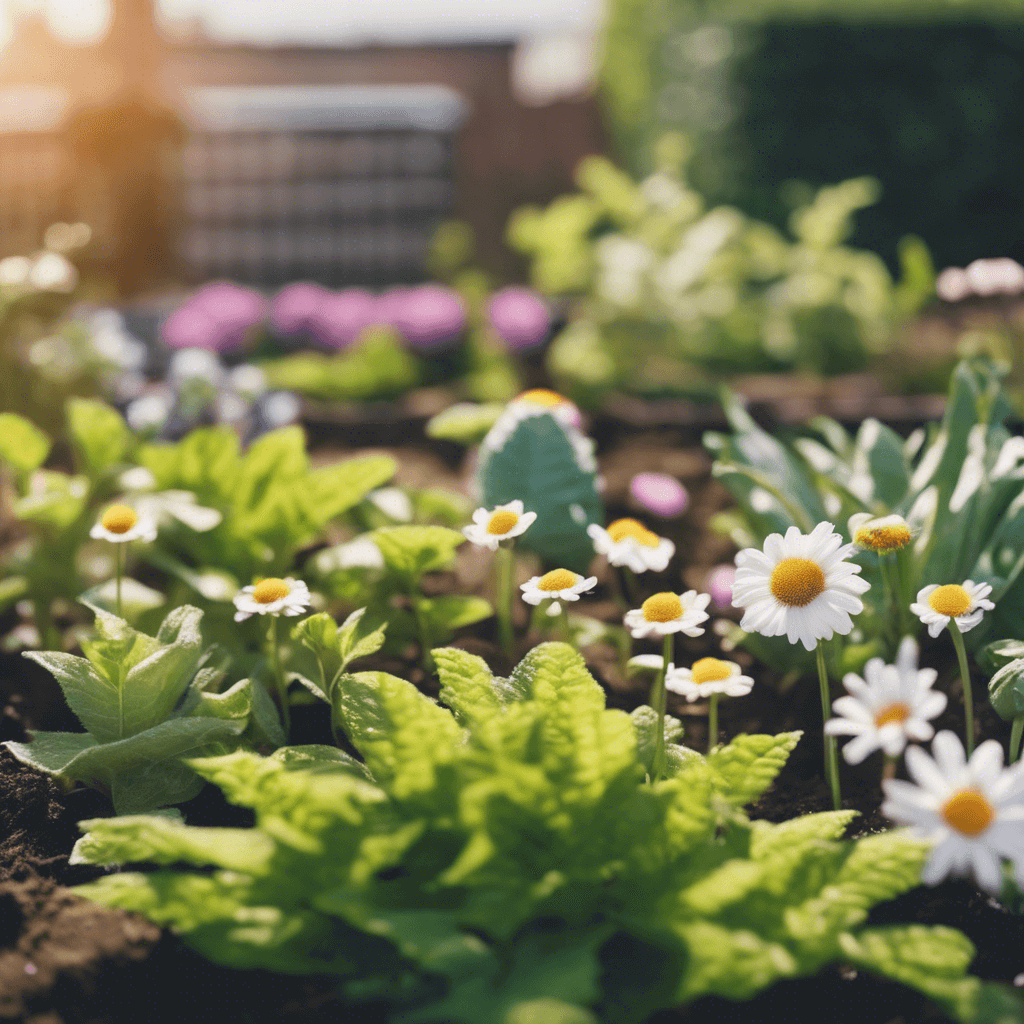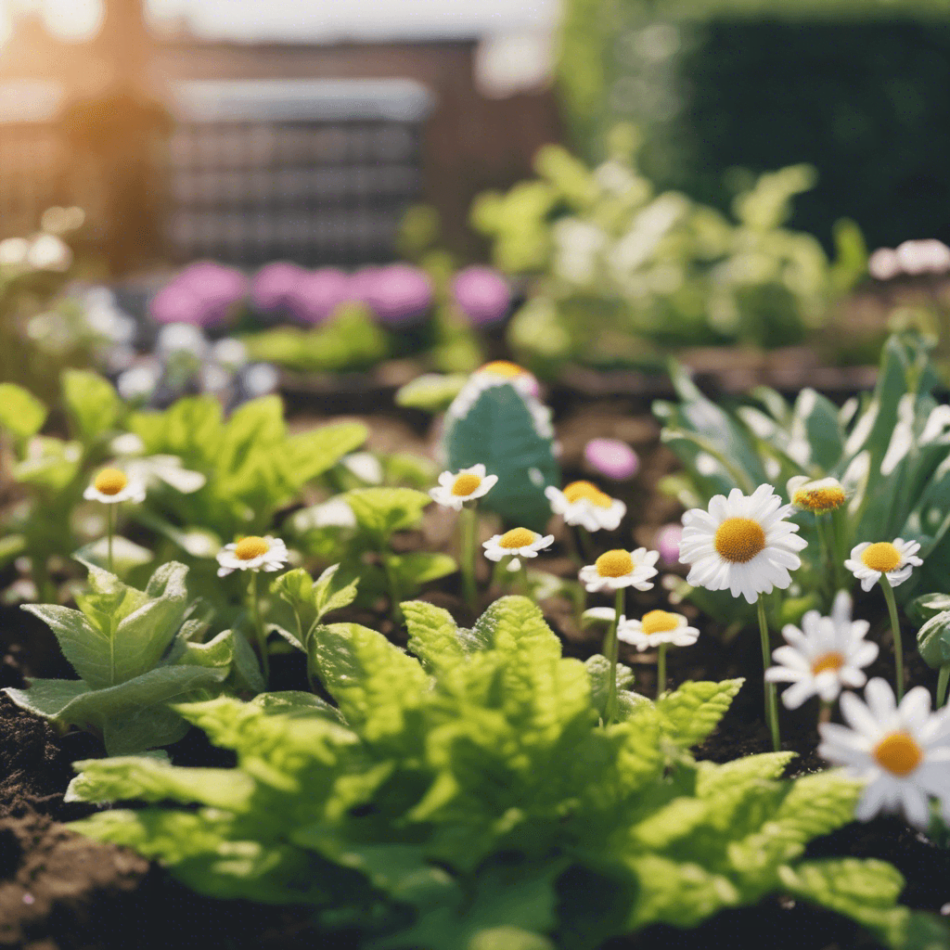Gardening for Wellness: Cultivating Healthy Mind and Body Gardening is not just a hobby or […]
Gardening is not just a hobby or a way to beautify your surroundings; it is also a powerful tool for improving your overall well-being. The act of tending to plants and nurturing a garden can have profound effects on both the mind and body. In this article, we will explore the consequences, advantages, and disadvantages of gardening for wellness, and suggest who can benefit from this therapeutic activity.
The Consequences of Gardening for Wellness
When you engage in gardening for wellness, you can expect to experience a range of positive consequences. Firstly, gardening provides an opportunity to connect with nature, which has been proven to reduce stress levels and improve mental health. Spending time outdoors in the fresh air and sunshine can boost your mood and increase feelings of happiness and relaxation.
Secondly, gardening is a physical activity that can contribute to weight loss and overall fitness. Digging, planting, weeding, and watering all require physical exertion, which can help burn calories and build strength. Regular gardening can be a great addition to your fitness routine or a way to incorporate more movement into your daily life.
The Advantages of Gardening for Wellness
One of the major advantages of gardening for wellness is its ability to promote mindfulness and reduce anxiety. When you are fully present in the act of gardening, focusing on the tasks at hand and observing the growth and development of your plants, you enter a state of flow that can be incredibly calming and centering. This mindfulness practice can help alleviate symptoms of anxiety and improve overall mental well-being.
Furthermore, gardening allows you to grow your own food, which has numerous health benefits. By cultivating your own fruits, vegetables, and herbs, you have control over what goes into your body. You can avoid harmful pesticides and chemicals, ensuring that you consume fresh and nutritious produce. Eating homegrown food can also encourage a healthier diet, as you are more likely to incorporate these fresh ingredients into your meals.
The Disadvantages of Gardening for Wellness
While gardening for wellness has many advantages, it is important to be aware of the potential disadvantages as well. One of the main challenges is the physical demands of gardening, which may not be suitable for everyone. People with mobility issues or chronic pain may find it difficult to engage in certain gardening tasks. However, there are ways to adapt gardening activities to accommodate different abilities, such as using raised beds or container gardening.
Another potential disadvantage is the time and effort required to maintain a garden. Gardening is a commitment that requires regular care and attention. If you have a busy schedule or limited time, it may be challenging to dedicate enough hours to your garden. However, even small-scale gardening can still provide benefits, so don’t be discouraged if you can’t devote extensive time to it.
Who Can Benefit from Gardening for Wellness?
Gardening for wellness is a versatile activity that can benefit people of all ages and backgrounds. It is particularly beneficial for individuals looking to improve their mental health and reduce stress. If you find yourself feeling overwhelmed or anxious, spending time in nature and engaging in gardening activities can provide a much-needed sense of calm and relaxation.
Additionally, gardening can be a great way for individuals looking to incorporate more physical activity into their routine. Whether you are trying to lose weight, improve your fitness level, or simply add more movement to your day, gardening offers a fun and rewarding way to stay active.
Furthermore, gardening can be a valuable activity for families and children. It provides an opportunity for parents and children to bond while teaching important life skills, such as responsibility, patience, and nurturing. Children who engage in gardening from a young age often develop a deeper appreciation for nature and a greater understanding of where their food comes from.
In conclusion, gardening for wellness is a powerful tool for cultivating a healthy mind and body. The consequences of gardening include reduced stress levels and improved mental health, while the advantages include mindfulness, fresh produce, and physical activity. Although there may be some challenges and disadvantages, such as physical demands and time commitment, gardening can benefit people of all ages and backgrounds. So grab your gardening tools and start reaping the many rewards of this therapeutic activity.












